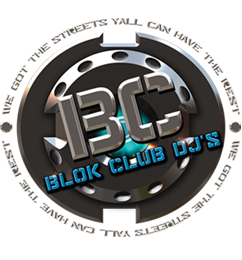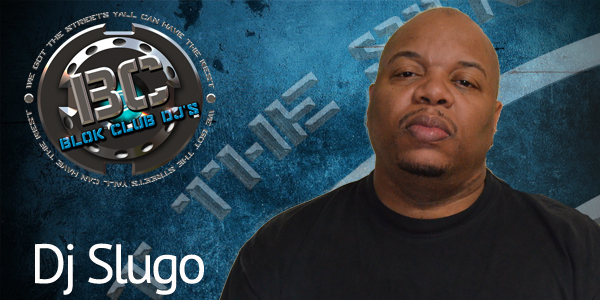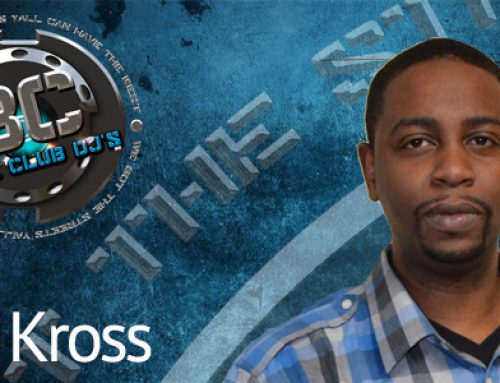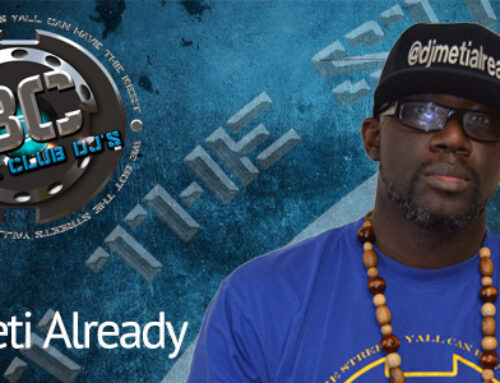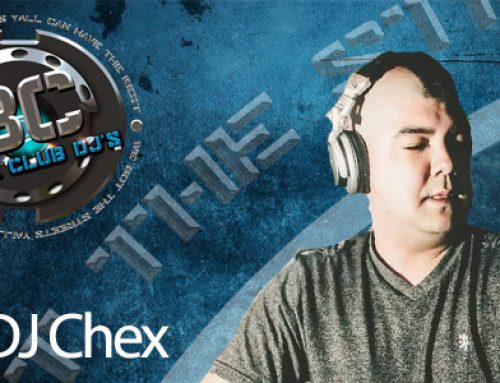Cue the bass…Deep in the heart of the ghetto, on the mean streets of Chicago’s infamous Southside, a music pioneer was born…
From the beginning, Thomas “DJ Slugo” Kendricks was influenced by his cousin, DJ Geno, a member of a local Chicago hot mix group, and other local icons such as the Hot Mix 5 (of Chicago radio). Slugo, with 20+ years in the game, over 20 albums in his pocket and over 50 CDs on the street, began a journey that lead him to become one of the original creators of a style of music commonly known as Ghetto House, more recently regarded as Juke.
Ghetto House, an urban dance sound created by inner-city producers from raw walks of life and derived from Old School House, is steeped with nuances from ghetto-life traditions and descriptions of the hood through rhythm. It moves beyond the just being and dives right into the metaphysical, with its rhythmic, infectious energy exciting the inner spirit and making folk return to their Motherland dance roots.
The magic struck Slugo at a high school dance where he asked the DJ if he could spin a couple of tracks. Although his set only lasted a brief 15 minutes, it ignited a flame that burns brighter than ever today.
From 1984-1987, Slugo honed his skills by observing the skills of his local heroes. Participating in heated DJ battles won him acclaim as a technical expert on the wheels of steel. He released his first truly professional mix tape Ghetto Mix Part III (1992). This tape landed in the hands of Ray Barney, CEO of the Chicago-based Dance Mania, one of the largest dance music labels in the world. Barney and Slugo formalized an agreement resulting in a long stream of releases on the Dance Mania label and affording Slugo the freedom to form his own label, Subterranean Playhouse.
During this same period, friend and fellow producer Paul Johnson introduced Slugo to a southern promoter, which culminated his professional merge into the rave scene. His unheard of Ghetto style of mixing quickly made him a favorite to tens of thousands of partygoers and promoters alike.
The release of the popular Cardboard Booty mix CD, called “the most influential ghetto house CD ever made” by London’s Underbeat Magazine, who also went on to call DJ Slugo, “the Ghetto-father of the American dance floor.” As his fame spread, releases with other national labels, such as Underground Construction, Dance Mania, GTI Records, Serotonin Records, Data Bass, CWAL Mob Recordings, Wide Records and Crosstalk International, Inc., as well as his follow up album, The Ghetto Don, flew off the shelves.
Taking his career to the next level, Slugo signed with the 1 electronic music booking agency in the United States, Teknomafia. With Teknomafia’s 10-year strong foothold on the nationwide rave, club & concert market as well as national distribution for his future releases, the only question that remained was where to begin. Slugo later said that this proved to be one of the best decisions made for his career. After Teknomafia shut their doors and in order to progress into mainstream music, DJ Slugo was the only electronic artist kept on the roster.
2002 saw Slugo returning to his roots with new projects, Where the Rats and Godzilla. Slugo calls these releases without a doubt, some of his best work. They have also without a doubt, exceeded the sales of nearly every other release he has done to this date and which lead to his wildly successful “Godzilla” track becoming a worldwide phenomenon.
After a yearlong respite to rethink his career path, Slugo is back in the game and taking the world by storm. Recent affiliations with England’s Wide Adventure and Crosstalk International, Inc. promise many great things to come.
“Imma keep making Ghetto House music because I love it!”
The saga continues…
